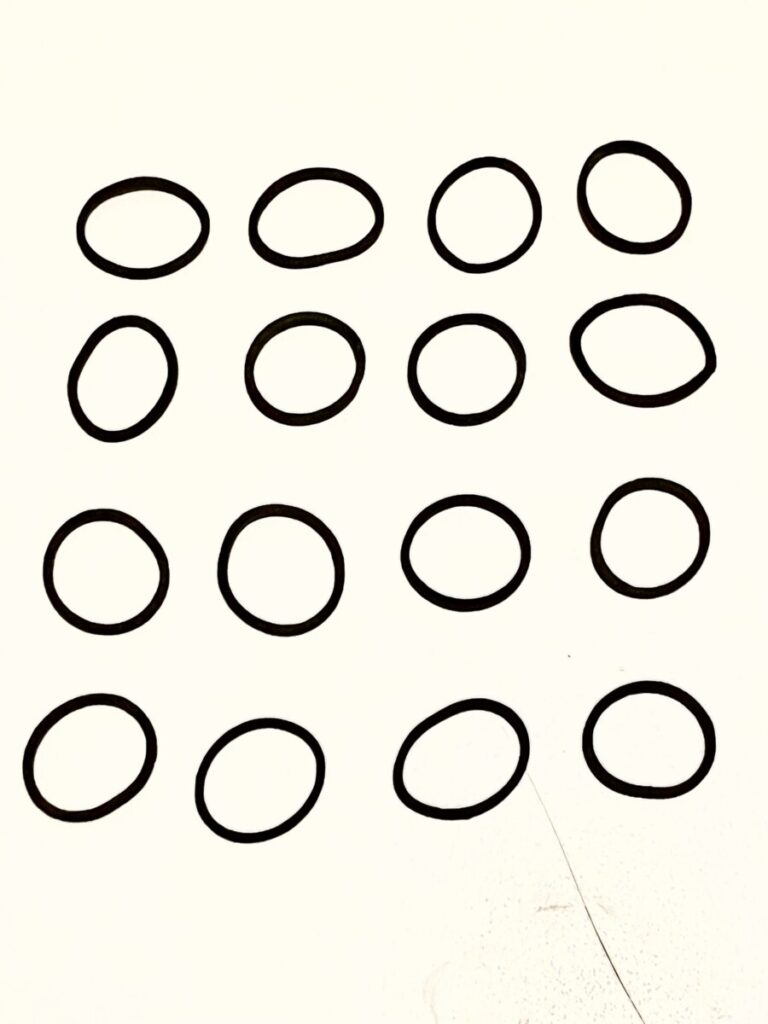Through deliberate framing, a photographer can define their style, aesthetic and perception of the world around. Framing allows the photographer to a create visual composition, or narrative that can reshape the context of an object or scene by excluding the surrounding environment that exist outside the frame. Similarly the frame can also bring unrelated subject matter together, that would have otherwise been overlooked.
Author: Dexter Jacobs
Dawoud Bey
Dawoud Bey found his artistic voice in photography by developing a deep interest in people, particularly urban communities — a skill he refers to as,“Seeing Deeply”. From his analysis of contemporary media, Dawoud states African Americans have very often been viewed through the lens of social pathology; the study of social problems (such as crime or alcoholism) that views them as diseased conditions of the social organism.
Dawoud wanted to challenge this narrative of the African American experience in pop culture. Through his photography, he hoped to change perceptions and stereotypes by describing the black subject in a way that is deep and complex as the experiences of anyone else. His portraits absorb you into the realty of urban men, women and children as go about their everyday life in Harlem, this approach retains an intimate experience, and a real sense of interiority to go beneath the surface and truly explore the subject.
Dawoud’s philosophy is that art should challenge our perceptions of the world. It should be transformative experience whereby the viewer leaves the exhibition with a new perspective. As illustrated in his works “Nigh Coming Tenderly Black”, his photography is physically and metaphorically “making the invisible, visible.”
Carrie Mae Weems
Carrie Mae Weems uses her photography to provoke thought and conversation around the social dynamics that happen around the kitchen table; conversation surrounding family, monogamy, polygamy, the battle between men and women. The Kitchen Table challenges our idea of domestic space and the domestic woman’s role in society. The table offers a metaphor for a social battleground, power and control.
How can you find your own voice?
There’s a quote that I stumbled upon recently that states “Passion is about finding yourself, but purpose is about losing yourself in something bigger than You”. I think that’s how we can find our voice as creatives. Finding fulfillment beyond the immediate satisfaction that comes from simply doing what you enjoy , but also serving a bigger mission and touching the lives of others in meaningful ways. In my opinion your artistic voice should be linked to purpose, wanting to make a difference — to help, to give, to serve.








Recent Comments